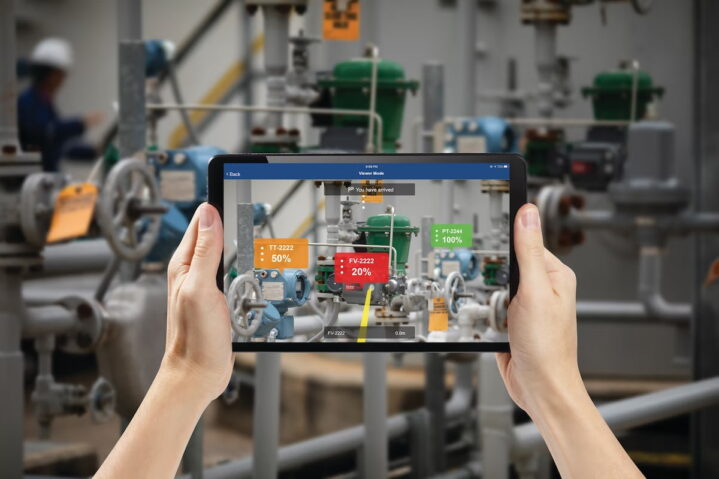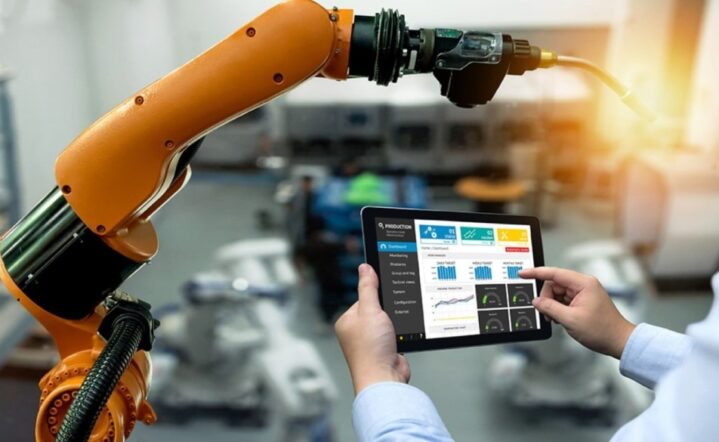The manufacturing sector is governed by efficiency. Every element — from sourcing to production, from logistics to inventory management — needs to work like a well-oiled machine. But behind the scenes, administrative chores gather, eating into precious time and brainpower.
As an example, you might have purchase orders to manage or inventory data to track—essential tasks, but they can become monotonous. Luckily, a virtual assistant (VA) can dive in to the rescue. A skilled VA takes care of all the administrative work, allowing the manufacturer to focus on core operations while keeping their records organized.
In this blog, I will explain how virtual assistants support manufacturing businesses, what core tasks they handle, and how they help increase productivity across your organization.
The Value of a Virtual Assistant for Manufacturing Businesses
Manufacturing, unlike other industries, has a complicated operational approach. Since suppliers, production teams, and distributors will have to cooperate closely, administrative support will be crucial. Yet hiring a full-time staff for every administrative task isn’t always the way to go.
A virtual assistant for manufacturing industries is a cost-preserving, flexible solution. From a small factory to a large-scale production unit, a VA can handle all kinds of tasks, including data entry, inventory tracking, and vendor communication.
Advantages of Utilizing a Virtual Assistant
- Less time spent on administrative tasks ─ You produce; your VA does all the paperwork.
- Cost savings ─ You only pay for hours worked, without employee expenses.
- Greater efficiency ─ With dedicated support, tasks can be completed more quickly.
- Scalability ─ Modify VA hours according to your seasonal demands or operational needs.
Virtual Assistant Administrative Task for Manufacturing Companies

1. Data Entry and Management
Having accurate data is the foundation of a good manufacturing operation. A virtual assistant can handle:
- Enter invoices, purchase orders, and stock data into your ERP or accounting system.
- Keeping track of vendor and supplier contracts.
- Production logs (updates) and usage of materials.
- Preparing manufacturing performance and operational efficiency reports.
Maintaining order in your records gives your team access to real-time operations visibility, making it easier to take actions based on data.
2. Inventory Management Support
Inventory mismanagement can result in unproductive downtime or being overstocked. However, virtual assistants help streamline inventory control:
- Keep tracking inventory levels in your management software.
- Lists of reorder reminders to avoid being out of stock.
- Matching physical goods with digital records.Creating inventory reports used for analysis and forecasting.
Your materials will be exactly what you need when you need them, saving you unnecessary waste and expense!
3. Communication with Suppliers and Vendors

Most manufacturers rely on several suppliers for raw materials and parts. A virtual assistant can bridge the gap by taking care of:
- Vendor inquiries and communications.
- Asking for and comparing supplier quotes.
- Overseeing purchase order management.
- Monitoring deliveries and ensuring timely fulfillment.
Minimized disruptions in your supply chain. A VA managing supplier communication ensures no disruption in your supply chain.
4. Scheduling and Calendar Management
Streamlined scheduling means production timelines are met. Virtual assistants can help with your operations by:
- Meetings with suppliers, logistics providers, and in-house teams.
- Scheduling production timelines and deadlines for projects.
- Notifying when to conduct quality inspections or maintain equipment.
- Scheduling employees with shift supervisors.
This coordination ensures that day-to-day operations run smoothly, reducing any potential production delays.
5. Reporting and Document Management
Whether it is compliance reports or production logs, manufacturing businesses generate large amounts of documentation. Virtual assistants help by:
- Report generation on a daily, weekly, or monthly basis.
- Taking care of compliance documentation and certifications.
- Filing safety inspection reports and incident logs.
- Keeping electronic records for regulatory analytics.
When your documents are easy to find, you are always compliant and audit-ready.
6. Handling Orders and Generating Invoices

An order fulfillment/financial virtual assistant helps with:
- Using your ERP system to process customer orders.
- Creating sales invoices and recording payments.
- Accounts payable and receivable management.
- Delivering detailed financial reports to management
This keeps cash flow steady and, therefore, operations smoothly running.
7. Other Principal Functions and Responsibilities ─ Research and Procurement Support
Profitability relies heavily on sourcing the right materials at the right price. Virtual assistants can:
- Supplier research and cost comparisons.
- Collect pricing data and follow market trends.
- Support in negotiations with vendors.
- RFQs (Requests for Quotes) and purchase agreements management
Their research equips consumers with the information to make well-informed, cost-effective purchasing decisions.
8. HR and Recruitment Support
Manufacturing companies that are growing like weeds face a mountain of HR tasks. Virtual assistants can do the following:
- Posting job openings on recruitment platforms.
- Reviewing resumes and scheduling interviews.
- This includes handling employee documentation.
- Supporting payroll processing.
This enables your HR team to allocate more time to strategic priorities instead of administrative duties.
How to Effectively Onboard a Virtual Assistant for Your Manufacturing Business

An effective onboarding process would allow your virtual assistant to become a part of your team in no time. Follow these steps:
- Define Their Role
- Include details such as tasks and responsibilities.
- Set goals and performance indicators.
- Provide Training and Access
- Give them access to your ERP, inventory management, and communication platforms.
- Train on tools and processes relevant to the industry.
- Maintain Clear Communication
- Establish response time and reporting expectations.
- Collaborate through platforms like Slack, Microsoft Teams, or Zoom.
- Regular Check-Ins
- Plan progress reviews on a weekly or bi-weekly basis.
- Give feedback so that you are aligned.
Conclusion
A virtual assistant is one of the most valuable resources for your manufacturing business if you want someone to take charge of some time-consuming administrative duties, allowing you to focus more on core operations. VAs support processes like data management and inventory tracking, supplier communication, and financial reporting that boost productivity.
Not only will you save hours of time and money, but you’ll also build a more accountable, organized, and efficient workflow. VAs also provide scalability, wherein you can scale up or down the level of support that you need by seasonal demands or project durations. Their flexibility will free up your internal team to focus on innovation, quality control, and strategic planning, driving sustainable business growth.
If you want to work with a highly qualified assistant who has experience in supporting manufacturing companies, hire a virtual assistant at Tasks Expert. We can help you find the perfect VA so you can get back to focusing on your makeup strategies. Contact us today to leverage virtual assistants for your manufacturing business.
